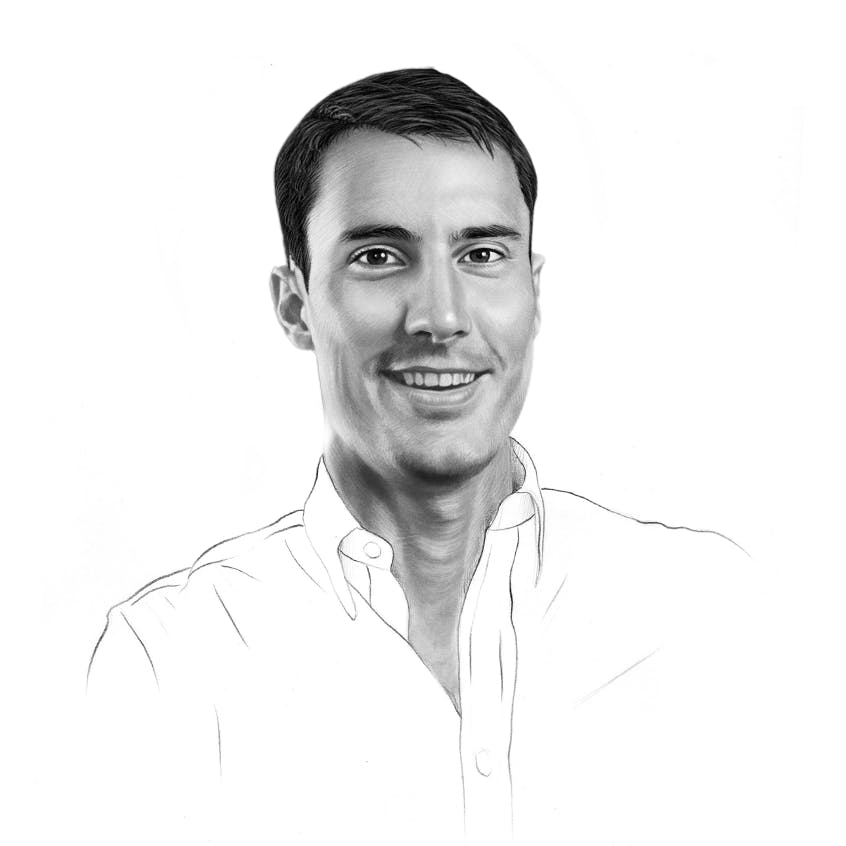
Piketty: Only those who invest get rich
Thomas Piketty's ground-breaking book «Capital in the 21st Century» on the global distribution of income and wealth generated a lot of discussion. Over a decade later, Piketty's theses are still relevant.
Piketty's approach, which emphasizes the importance of historical data in analyzing economic inequality, has had a lasting impact on economics. Nobel laureate Paul Krugman predicted in the «New York Review of Books» that Piketty's work would reorient the way we think about prosperity and poverty. Since then, Piketty's thesis has been the subject of intense debate in academic circles, the media and the political sphere.
Piketty does not see economics as the art of formulating another elegant mathematical model. After all, the models of economics are all based on assumptions. For example, on the fiction of homo economicus: a perfectly informed being that not only knows everything it needs to know, but also always makes completely rational decisions. And this has been the case ever since Vilfredo Pareto invented this being in 1906. Yet we all know that some decisions are very irrational.
Economics without fiction
Instead, Piketty sees himself as a social scientist who collects real data when he wants to look at real phenomena and solve real problems. This is why he runs the World Wealth and Income Database in collaboration with other scientists. Since its foundation in 2011, this database has been painstakingly compiling a comprehensive picture of income and wealth – who owns how much and what income they have used to accumulate this wealth. And not just in a small snapshot of today's conditions, but hundreds of years back and for over forty countries around the world.
Piketty analyzes this comprehensive data set using statistical methods. The result is an accurate picture of the world as it was 150 years ago. How it has developed over the years and how it is now approaching its former state again. In a nutshell, it looks like this: There was great inequality in income and wealth until before the First World War. Then there was a social equalization of the classes, especially during the reconstruction after the Second World War. And since the 1980s, there has been a resurgence of the old inequality.
Clear findings, controversial claims
In the more than 800 pages of his book, Piketty naturally describes this in much more detail. And he not only describes, he also deduces how this inequality comes about. His view: capitalism leads to increasing wealth concentration if it is not regulated. A high concentration of wealth leads to a stagnating economy and is a threat to democracy.
Piketty therefore calls for more regulation and new and higher taxes, including a progressive tax not only on income but also on wealth. This places him clearly in one political camp: with the socialists. (During the 2007 presidential election campaign in France, Piketty was an economic policy advisor to Socialist candidate Ségolène Royal). In an essay published in Le Monde in 2021, he called for an unconditional basic income and – in the case of France – a basic inheritance of around 120'000 euros.
Piketty believes that the market cannot regulate itself. You don't have to follow him in this belief. Nor do you have to join him in calling for more taxes. But no matter where your political heart lies, Piketty's observations must be taken on board.
Capital is growing faster than the economy
Inequality is indeed growing. The reason for this is proven beyond doubt by Piketty's data over the centuries:
r > g
The return on capital (r) is greater than economic growth (g).
But if the return on capital is greater than economic growth, what does this mean for all those who participate in economic growth as financiers? They benefit. In fact, they benefit more than average: not just in step with growth, but more and faster.
Basically, we have all known this intuitively for a long time. As the saying goes: you have to have money to make money. To those who have, is given. It is actually astonishing that this insight has only now been scientifically substantiated: Nothing is as rewarding under capitalism as being a capitalist.
So there is no alternative to investing. If you want prosperity, you have to justify it as a capitalist. Money earns more money faster than work does. Only those who invest become rich.
Work is only worthwhile in exceptional cases
There have also been exceptions in the course of history. There were two – historically brief – phases in which human labor was extremely rare and therefore expensive. The first was at the beginning of industrialization, before enough workers moved from the countryside to the city. And secondly, after the world wars, when not only was there a lot to rebuild, but also all the men who died in the war were missing.
What does that mean for the future? At the moment, there are two sectors in particular that operate with a lot of capital and comparatively very little human labor: Energy and real estate. But human labor is likely to become less important in many other sectors as artificial intelligence and robots become more powerful. When self-driving cars, which we have been talking about for years, come onto the market, the transportation sector will also change dramatically. It will need fewer workers, but a lot of capital.
How investors use their advantage
The return on capital is greater than economic growth – this gives investors an advantage. However, this advantage is not infinite: since the industrial revolution, it has usually only been 3 to 5 percent. If you want to get rich as an investor, there is one thing you cannot afford: fees that eat up this advantage.
Those who have become richer and richer in the past have also done one thing: cut costs. This has always been easy for those with the biggest fortunes. Only millionaires pay the full list price in private banking – billionaires negotiate.
Fortunately, today there are inexpensive ways for all investors to invest their money professionally. True Wealth has been a pioneer in cost-efficient wealth management in Switzerland for over ten years. The fees are just 0.25 to 0.50 percent, including transaction costs. The average external costs (TER) for a global portfolio are 0.13 percent. Click here for full price transparency.
About the author

Oliver is one of the founders of Switzerland's largest online shops: the online retailer Galaxus and the electronics specialist Digitec. Together with Felix, he launched True Wealth AG in 2013.

Ready to invest?
Open accountNot sure how to start? Open a test account and upgrade to a full account later.
Open test account